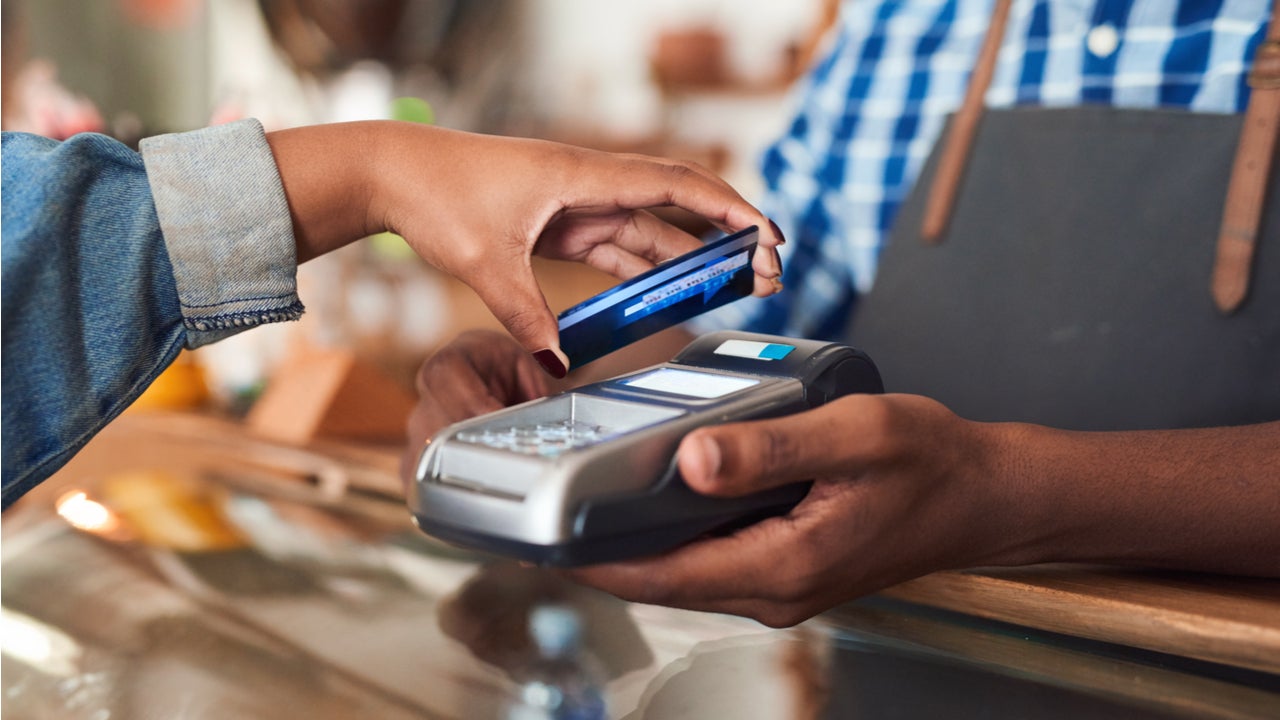A New York Fed report has found consumers’ spending patterns to normalise as pandemic relief efforts wind down and restrictions are lifted.
Christophe Barraud
Christophe Barraud, chief economist and strategist at Market Securities, shared an article on a New York Fed report revealing that US consumers have begun spending more after the pandemic restrictions are lifted. Additionally, as pandemic relief efforts wind down, credit card usage balance trends seem to be adopting pre-pandemic trends.
Researchers claim that credit card usage among US consumers rose by $17bn in the second and third quarters, and appears to be returning to pre-pandemic patterns. However, the quarterly report on household debt and credit found balances to be $123bn lower than they were at the end of 2019.
During the pandemic, households supported by direct cash payments and forbearance programmes that stopped payments on mortgages and student loans largely reduced their credit card debt. However, with the winding down of these programmes, some consumers are expected to use their available credit to make ends meet.
The report also found consumer debt felonies to remain low due to the federal aid and forbearance programmes.
🇺🇸 U.S. credit card use returning to pre-pandemic patterns, NY Fed report finds – Reutershttps://t.co/LT6sluK7am
 GlobalData Strategic Intelligence
GlobalData Strategic IntelligenceUS Tariffs are shifting - will you react or anticipate?
Don’t let policy changes catch you off guard. Stay proactive with real-time data and expert analysis.
By GlobalData— Christophe Barraud🛢 (@C_Barraud) November 10, 2021
David Beckworth
David Beckworth, senior research fellow at the Mercatus Center at George Mason University and a former international economist at the US Department of the Treasury, shared an article on the consequences of the US Fed reinforcing the global dollar funding system during the pandemic.
Experts used a unique data set on the financial markets’ fears and observations of long-run financial risk to understand how the Fed’s responses to the Covid-19 pandemic affected global market fears.
While some central bank interventions did cause little or no impact on market fears during the pandemic, the most powerful were the US dollar swap lines that had both a short- and long-term impact on global market fear. The results suggest that the Fed’s commitment to the global financial community has been strengthened, but possibly at the expense of a higher longer-term moral hazard of reassuring global dollar borrowers to take even more liquidity risk in the future.
Fascinating paper on the SR vs. LR consequences of the Fed backstopping the global dollar funding system in 2020. @LevMenand https://t.co/yXq7UoDDLq
— David Beckworth (@DavidBeckworth) November 10, 2021
Brad DeLong
Brad DeLong, a professor of economics at the University of California, Berkeley and former deputy assistant secretary of the US Department of the Treasury, retweeted an article shared by Barry Ritholtz, the CIO of Ritholtz Wealth Management, on the current uptick in US inflation likely to be just a consequence of the post-pandemic recovery.
Describing US inflation as making skid or rubber marks on a highway traffic, he explains that inflationary pressures may not imply that it is overheating the engine or the economy as perceived by some economists. He further added that the US is not in a situation where too much money is chasing too few goods, which would result in an excess demand for labour and likely trigger an inflationary spiral. This amid the ongoing Covid-19 pandemic and related disruptions that continue to cause labour shortages.
Jason Furman, a former chairman of President Barack Obama’s Council of Economic Advisers, believes that the $1.9tn oversized American Rescue Plan that was signed into a law during the Covid-19 outbreak may have been the culprit. In his views, a less aggressive policy that led to a gradual employment and growth recovery this year would have been better than Biden’s plan that has led to higher output but also higher prices. Larry Summers, former US Treasury Secretary, also believes that inflation now risks spiralling out of control.
“Burning rubber to rejoin highway traffic is not the same thing as overheating the engine.” @delong explains why the current uptick in US inflation is highly likely to be simply rubber on the road, resulting from the post-pandemic recovery.
https://t.co/wBixSlVfJ6— Barry Ritholtz (@ritholtz) November 10, 2021




